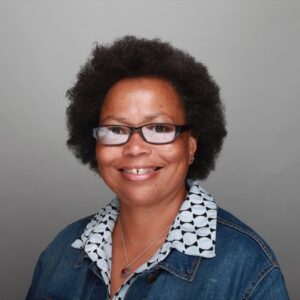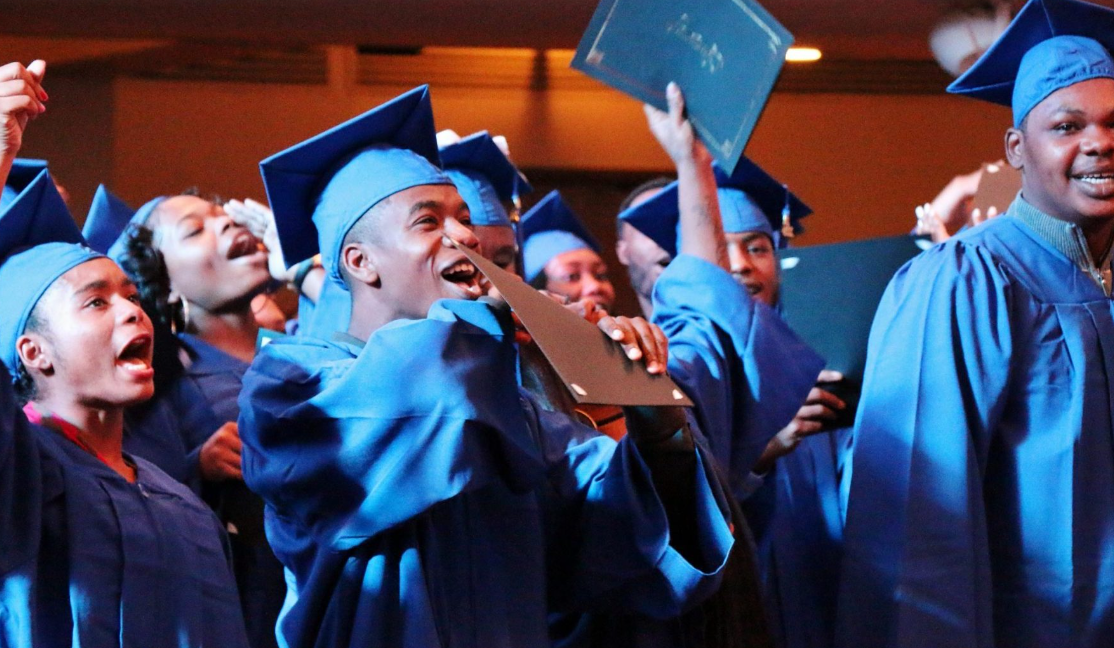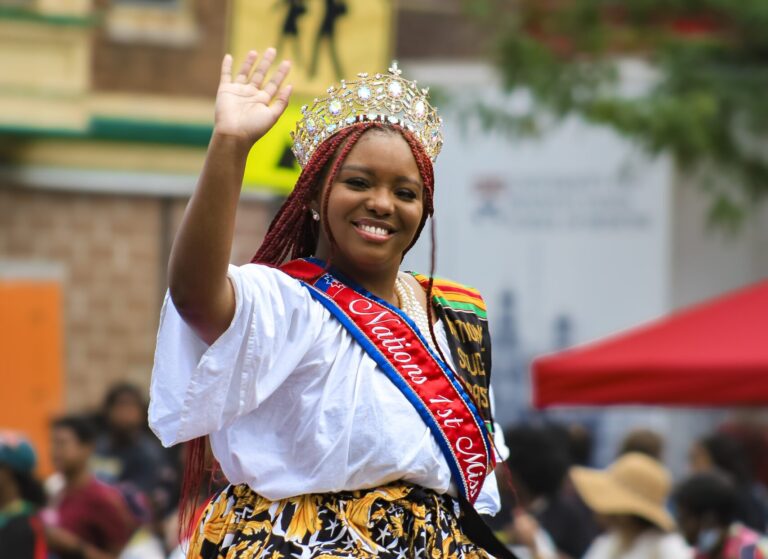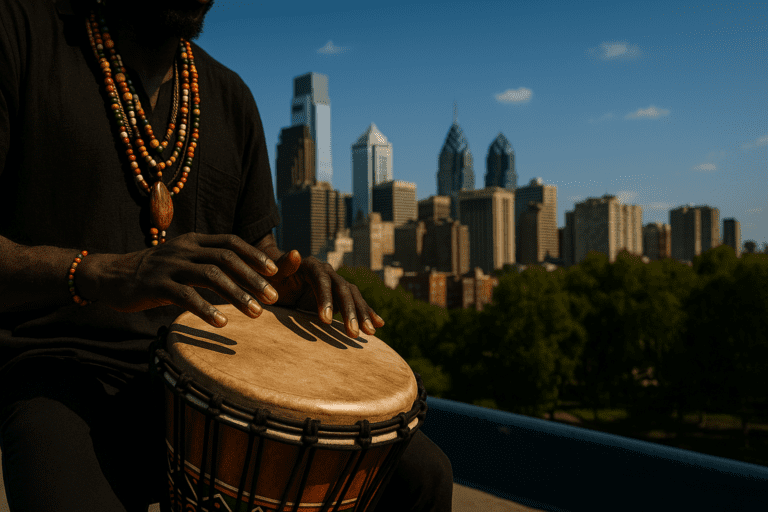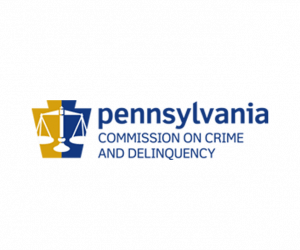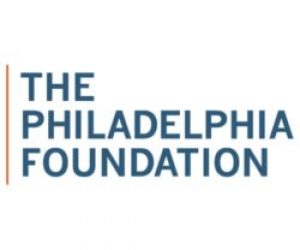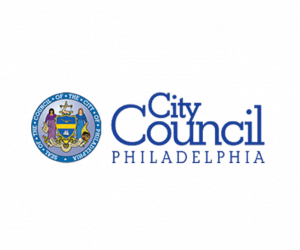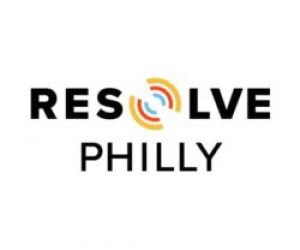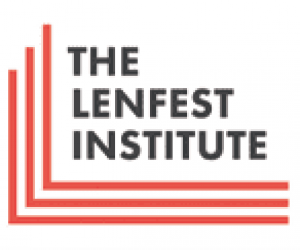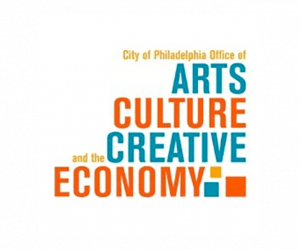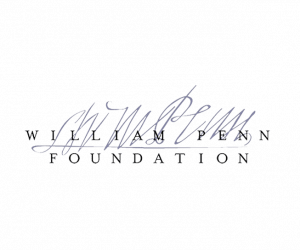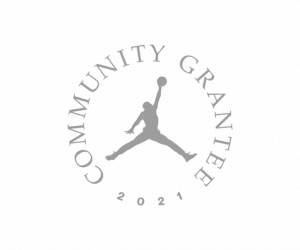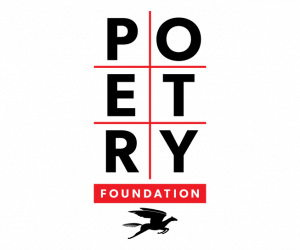YouthBuild Philly Charter School serves areas with high gun violence and treats its students with care and respect.
It’s mid-morning at the YouthBuild Philly Charter School in North Philadelphia, and the halls are bustling with students changing classes and talking animatedly with teachers about classwork, apprenticeship programs and their plans for the weekend.
Former student Jadera Wright walks past the school’s familiar painted logo and flyers for construction apprenticeship programs, AmeriCorps assignments and notices for licensing tests. Wright, a recent YouthBuild Philly graduate who is currently working in security, smiles as she greets former classmates and people like the school’s lead social worker, Samantha Cranford, or Miss Sam as she’s known to her students.
She came back to help introduce MindSite News to her former high school, where the school year had just started at the time of this interview.
When Wright came to YouthBuild Philly at 19, she was dealing with grief and trauma related to violence in her neighborhood. She had lost her father figure to gun violence, and a friend who was like family to her had just been sentenced to jail. She had stopped going to her regular high school, but through YouthBuild Philly, she found a place where she could finish her education – and felt comfortable asking for help.
“Whatever I was going through, I could talk to Miss Sam. She and the other staff made me feel comfortable to the point where I could talk to them about anything.”
“My life just got crazy, and I was having nightmares for three years straight every night, back-to-back,” she said of her struggle with post-traumatic stress disorder. “I’m the type of person that when I’m going through stuff, I distance myself. So, when I first came here, I wasn’t really trying to talk to nobody. I was comfortable. But I wasn’t comfortable enough to start talking. Then I got in touch with Miss Sam. Whatever I was going through, I could talk to Miss Sam. She made me feel comfortable and the other staff made me feel comfortable to the point where I could talk to them about anything.”
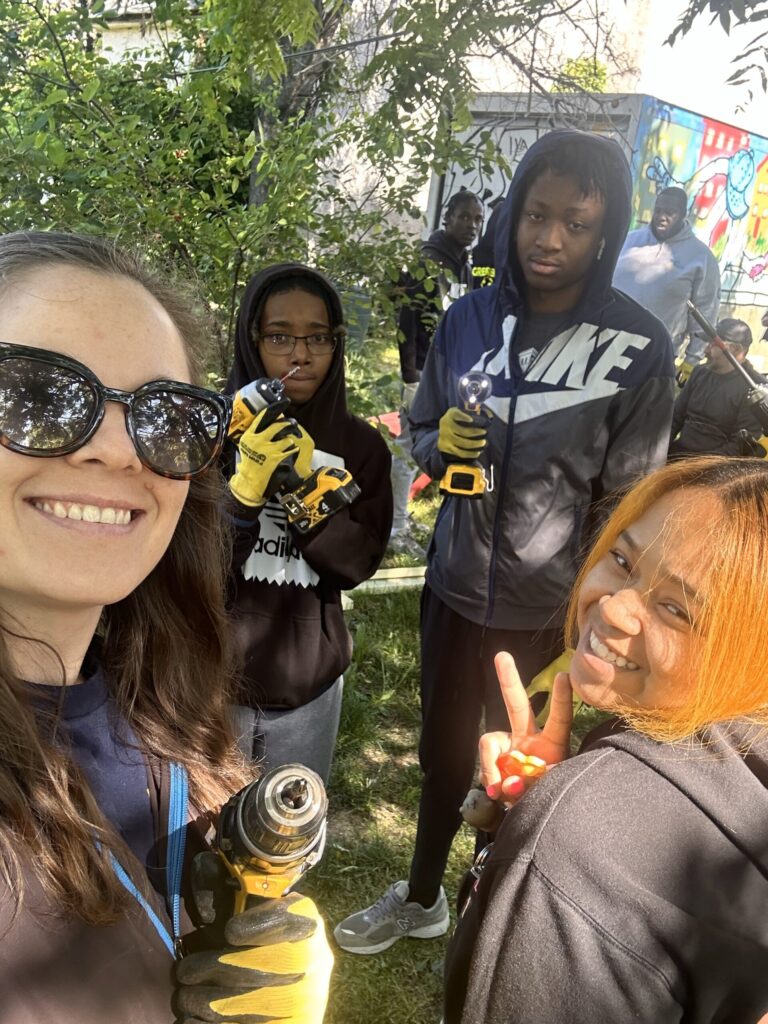
Gun violence has profoundly affected Wright, as it has many Philadelphians. The topic takes center stage on the city’s nightly news, but its impact on the psyche of children is discussed far less frequently.
A study published in JAMA Pediatrics 2021 by the University of Pennsylvania Hospital and Children’s Hospital of Philadelphia (CHOP) found that living within a few blocks of a shooting in the city’s neighborhoods led to an increase in mental health-related visits to the emergency room.
The researchers first looked at shooting data from the Philadelphia police department and found that, in an area of the city that spanned 12 ZIP codes, 2,929 people were injured or killed in a shooting over the five years from 2014 through 2018. That adds up to a shooting every three days.
Then, CHOP researchers looked at the number of emergency room visits for psychiatric emergencies, including PTSD, major depression, anxiety and opioid abuse among children aged 0 to 19 in those 12 zip codes during a 10-month period spanning 2020 and 2021.
That data, pulled from hospital records, was cross-referenced with the Police Department shooting data to see how many of these children lived within a quarter-mile (4 to 53 blocks) or an eighth-mile (2 to 3 blocks) of a shooting.
Children living within two or three blocks of a shooting were 40% more likely to go to the emergency room for a mental health-related emergency in the first week after a shooting and 86% more likely within two weeks compared with a control group of children who went to the ER prior to a shooting. Almost 90% of the children in the data set were Black.
Findings like these contributed to the creation of the Community Expansion grant passed by the City Council in fiscal year 2021. The $13.5 million program provided money to grassroots organizations doing trauma-informed outreach.
In order to qualify for the money, organizations had to have operating budgets below $15 million and a track record of working in the areas most affected by gun violence. Preference was given to organizations serving Black and Brown men and boys aged 16-34, said Erica Atwood, senior director of the city’s Office of Strategy for Criminal Justice and Public Safety.
When the city set up the Community Expansion Grants, it gave top priority to investing in community-based organizations with a track record of working in neighborhoods that had long suffered from gun violence, Atwood said.
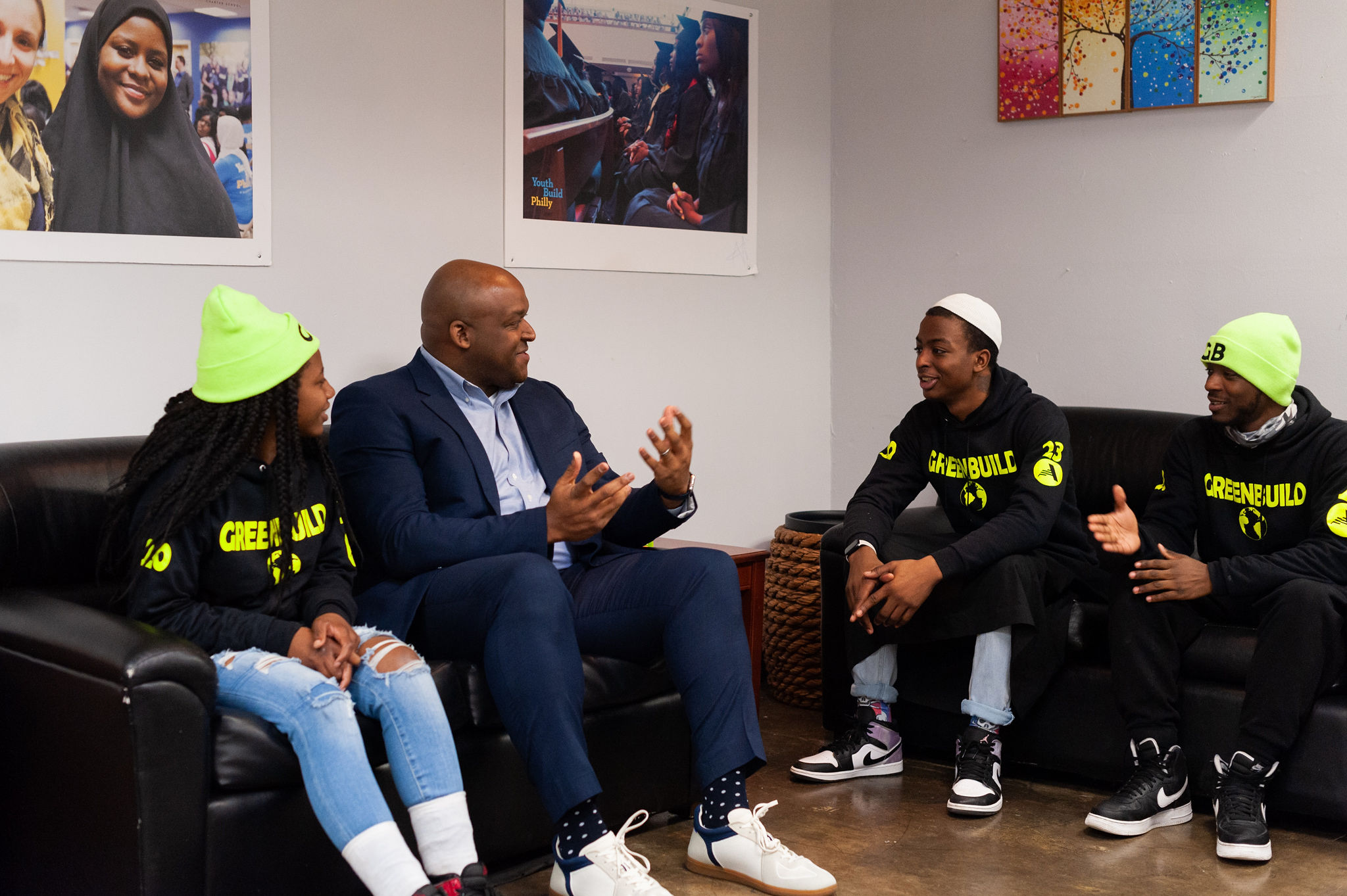
“We wanted to focus on those that were doing mentorship and had trauma supports and we wanted to provide safe havens to young people that were at a higher risk of violence in our communities,” she said.
Youth Build Philly was one of 31 organizations that received money through the program. Le’Yondo Dunn, the school’s CEO, said the school serves precisely the students who are most affected by a wide range of economic disadvantages.
The school is “at the epicenter” of marginalization, he said in an interview with MindSite News, His students come from “neighborhoods where you cannot find access to fresh and healthy foods because grocery stores don’t exist.” Those neighborhoods are also places where many people haven’t completed high school and where there are high rates of drug use and of violent crime.
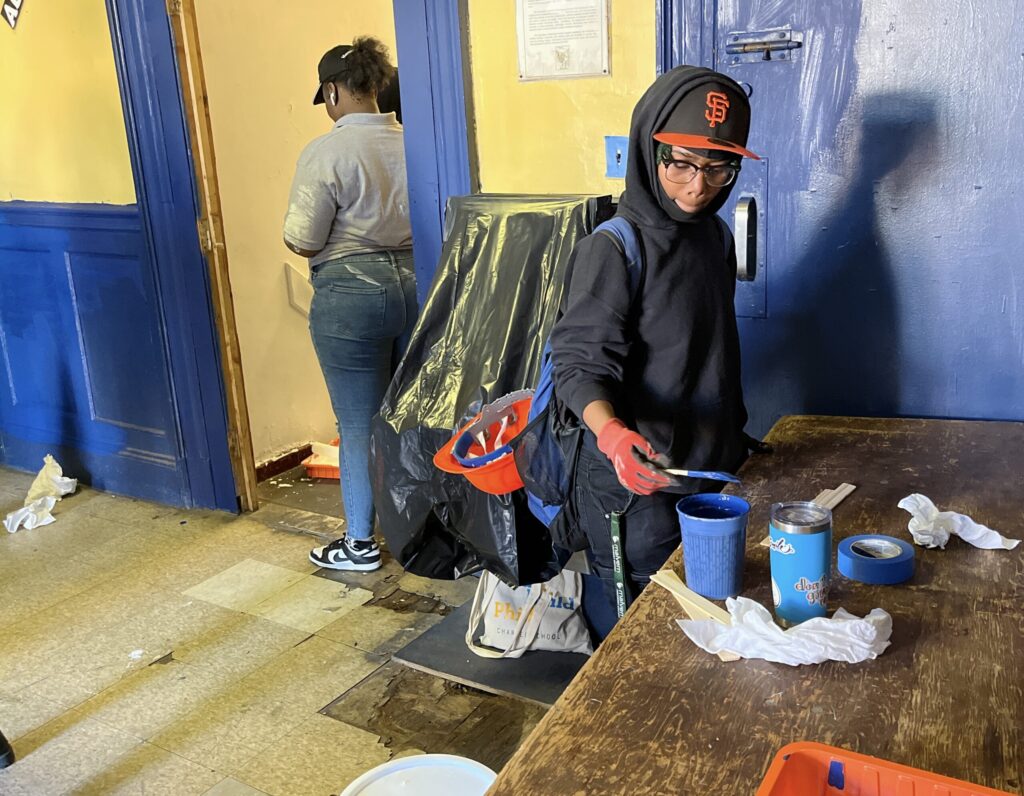
“Our students primarily come to us from those areas,” Dunn added. “And we know that when young people are disengaged, and they’re disconnected from school, they are more likely to either be perpetrators or victims of gun violence.”
In addition to vocational and academic studies, intensive job training on site, and community service, all six of the school’s tracks also include counseling, said Cranford, the school’s lead social worker.
The counseling is provided in a way that makes it accessible to all of the students, no matter what their comfort level, Cranford said. If a student doesn’t feel comfortable going to the counselor assigned to their track, they can be connected to someone else. And if they don’t feel comfortable asking for the help they need among their peers, they can request services through a self-referral QR code that’s posted in various spaces around the school, she said.
In addition to individual counseling, students are offered group counseling that includes a focus on trauma and works to help students with conflict resolution, stress management and anger management. There are also de-escalation rooms that give students dealing with anger a place to decompress, Dunn said.
In the end, it’s about making sure that anything that might be a barrier between a student and their education is addressed and removed, Cranford said.
One of the tenets of trauma-informed care at the school, she said, is approaching aggression or inexplicable behavior not by asking “What’s wrong with you?” but “What’s happened to you?”
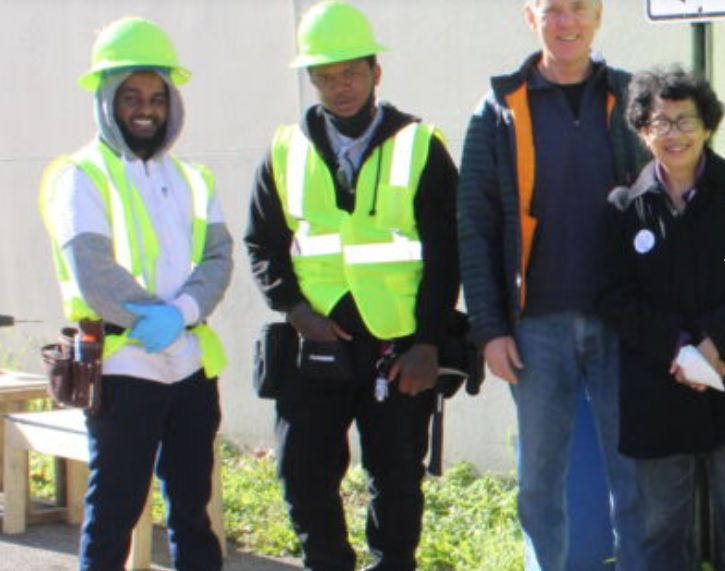
“Every behavior is rooted in something,” Cranford said. “It would be really simple for us to say, ‘Oh, you’re acting out in class, let’s suspend you.’ And the reality is, until you ask that person what was going on that morning or what happened last night, you’re never going to know. Youth Build really takes advantage of that.”
The effort is appreciated by students past and present.
Saiyonn Thomas is a living legacy of YouthBuild.
His mother was a graduate of the program, as were two of his aunts, his godmother and his uncle, he said. When his mother’s mentor at the school heard that Thomas was about to become a father and drop out of school, he suggested he come to YouthBuild instead. He graduated from the school’s culinary program and is currently looking for a new job.
In April 2023, while he was still a student there, Thomas was shot in the hip while at a McDonalds near his home. The incident made him apprehensive about going out in his neighborhood, he said.
“I used to love being outside,” he said. “Now, nine times out of 10, if I’m not at work or with my son, I’m at home.”
While he was in the hospital, Thomas’s teachers and other YouthBuild staff members made sure that he knew he wasn’t alone.
“They sent text messages and emails,” he said. “Teachers came to the house to make sure that I was okay and to bring me whatever I needed. I came back to school early because they were so loving and caring. They treat you how you want to be treated.”
“They don’t want to let you quit,” he concluded.
